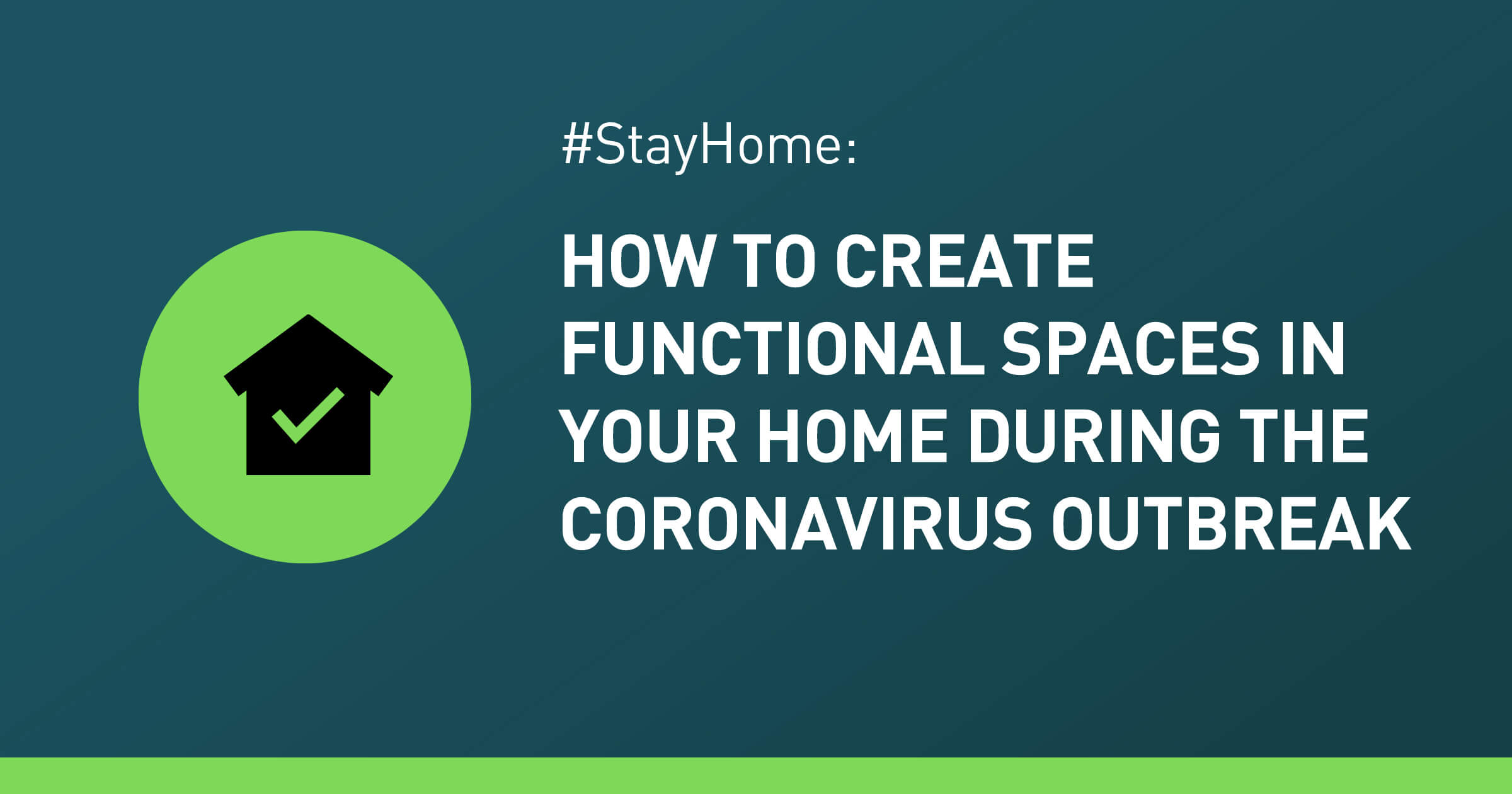So, what do I do about the things the home inspector misses?
Material Latent Defects – As mentioned earlier, these are defects that cannot be easily identified by the naked eye or by a home inspector. If the seller is aware of any, they MUST disclose them to the buyer.
I helped my clients buy a 5 bedroom, 2 bathroom house in Delta. It wasn’t in great shape as it was quite dirty in the basement, but it was livable. A home inspection was done and other than pointing out that the roof needed to be replaced in the next few years, there wasn’t anything else that was of concern.
When my clients moved all their things in, they woke up to find that some of their food packages had been chewed open. They found mice feces as well. There was a mice infestation.
This wasn’t detected by the home inspector as he didn’t inspect the kitchen cabinets and such. They hired a pest control company and it costs them around $300. We went back to the listing agent and the listing agent said the seller wasn’t aware of the infestation.
We obviously didn’t believe that. The sellers had an obligation to disclose this material latent defect and it is something that we could take them to small claims court for. However, to go through the hassle of hiring a lawyer and taking the sellers to court over $300 was not worth it in my seller’s opinion.
Also, in court, my buyers’ lawyer would have had to PROVE that the sellers had prior knowledge of the mice infestation in order to convict them of misrepresentation which might be difficult to do.
Mold is another one of those things that can sometimes go undetected. If it’s really bad, home inspectors and buyers can smell it. Home inspectors will have a water detector to test if there’s water behind bathroom floors and walls.
But as mentioned above, home inspectors don’t check every single nook and cranny and will sometimes not check the insides of a closet or behind certain furniture where mold can grow.
Sometimes, you can spot water damage as there are marks, but due to lighting, or walls hidden by furniture, it can easily be missed by a home inspector.
What can I do to prevent this situation?
Well, honestly, there’s not much you can do. Be aware about these kinds of issues and talk with your Real Estate Agent about these concerns.
When buying a home, make sure your Real Estate Agent writes a legally binding clause like this: “The Seller warrants that there are no stains, holes, marks or other such damage either behind or under wall coverings, area carpets, mats, furniture or appliances which are not either readily visible to the Buyer or reasonably expected by the Buyer.”
This clause will at least protect you in that it gives you a right to take the seller to court if they have hidden some defect from you and the home inspector.
Mistake
Not understanding about material latent defects
Solution
Be aware that material latent defects exist and ask your Real Estate Agent to describe what to look out for depending on the type of home you are buying.
Knowing what to expect and how to react if things pop up is the best way to prepare. Being informed always helps to calm your fears and anxieties about these scenarios.
Hire a good home inspector. Your Real Estate Agent will likely have lots of experience dealing with home inspectors and can recommend you ones that are very well known and reputable for what they do.
BE informed by BEING present at the home inspection and ask your home inspector lots of questions.





 Yvonne Yang
Yvonne Yang 
 Carlos Garcia
Carlos Garcia 


